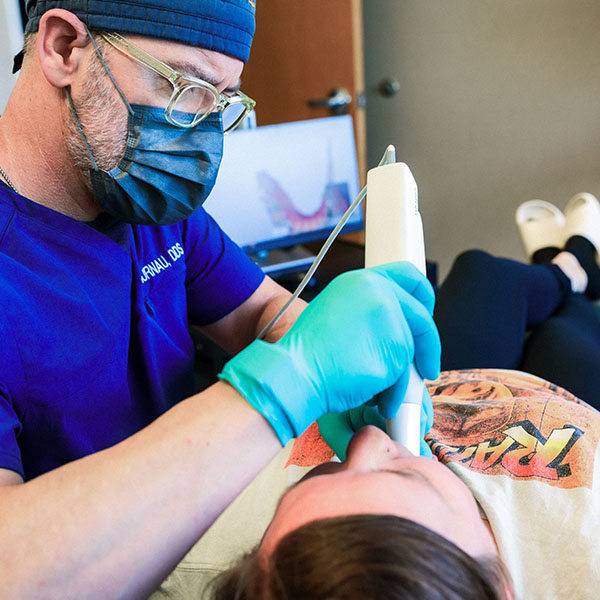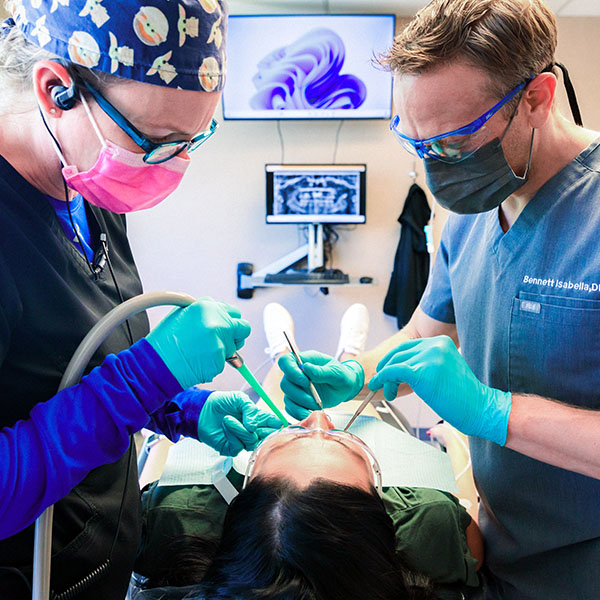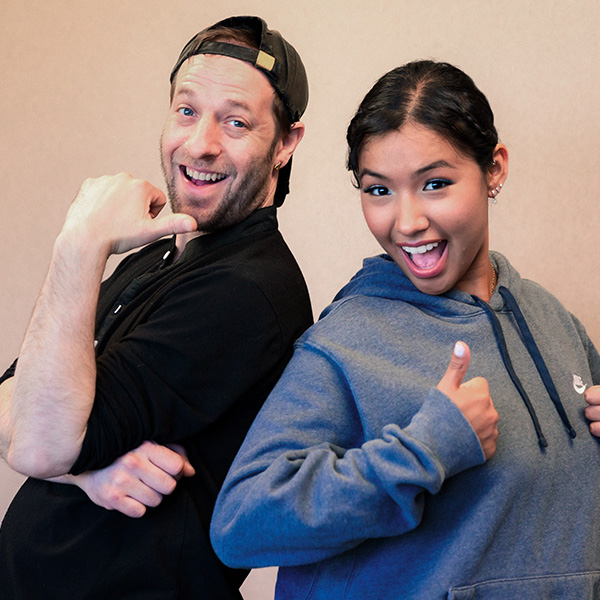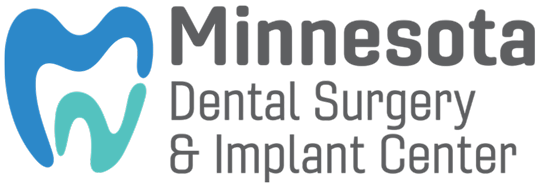Bloomington, MN
Tooth Extractions
Safe, Comfortable Extractions for a Healthier Smile
At Minnesota Dental Surgery and Implant Center, we provide gentle and effective tooth removal, including wisdom tooth extractions, to relieve pain, prevent future dental issues, and protect your oral health. Whether you need a damaged, decayed, or impacted tooth removed, our experienced team uses advanced techniques and sedation options to ensure a comfortable, stress-free experience.
If you're experiencing tooth pain, overcrowding, or wisdom tooth complications, contact us today for a free consultation and expert care.
When Is Tooth Removal Necessary?
Tooth extraction may be needed for various reasons, including:
- Severe Decay or Infection – When a tooth is beyond saving.
- Impacted Wisdom Teeth – Prevents pain, swelling, and potential misalignment.
- Overcrowding – Creates space for orthodontic treatment.
- Gum Disease Damage – Removes loose or compromised teeth.
- Broken or Fractured Teeth – When restoration isn’t possible.

Wisdom Tooth Removal

Pain-Free Tooth Extractions With Sedation Options

Call Our Office for a Free Consultation!
If you're experiencing tooth pain, overcrowding, or wisdom tooth discomfort, our expert team is here to help. At Minnesota Dental Surgery and Implant Center, we provide gentle, precise extractions to restore your oral health and comfort.
Call us today to schedule your FREE consultation and take the first step toward a healthier smile!
